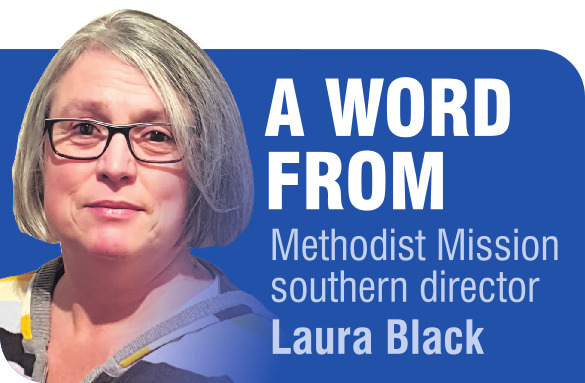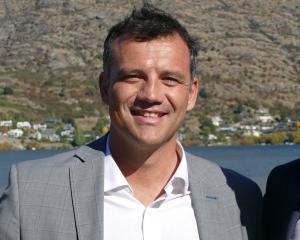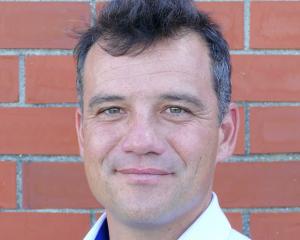
In particular, the self-regulation that develops in the brain mainly between the ages of 3 and 5.
Some of our children don’t develop self-regulation at the developmentally "best" time, and this absence is linked to a wide range of poor life experiences, including higher rates of unemployment and criminality, poorer mental health, and more relationship difficulties.
In the early 2010s, University of Otago associate professor Dr Dione Healey undertook internationally recognised research into self-regulation in young children.
She developed the Engage programme, a set of guided play activities that help young children build their self-regulation at the right developmental time.
In research trials with a diverse range of tamariki, Engage showed significant improvements in children’s self-regulation, with reductions in hyperactivity, aggression, and peer problems, and with improvements in their attention, effortful control, and emotional regulation.
Better still, those gains were sticky — they persisted for extended periods after the Engage intervention.
Methodist Mission Southern, in conjunction with the University of Otago, has been delivering Engage to kaiako (teachers) throughout New Zealand.
Most recently, we have begun bringing Engage to more than 120 of the 174 early learning services in Otago, and, as part of a research project. A slightly older age group is being undertaken by Prof Healey to four Dunedin primary schools — Ōpoho, North East Valley, George Street Normal, and Port Chalmers.
This work is supported by the Ministry of Education, who report that Engage also delivers enriched tamariki relationships and environments that are easier for teachers to manage.
It’s been a lot of hard work, and we are fortunate to have such a good relationship with the University of Otago and such an amazing team working on this.
If you would like to support the mission’s work with a donation, please visit www.givealittle.co.nz and search for the Methodist Mission.













